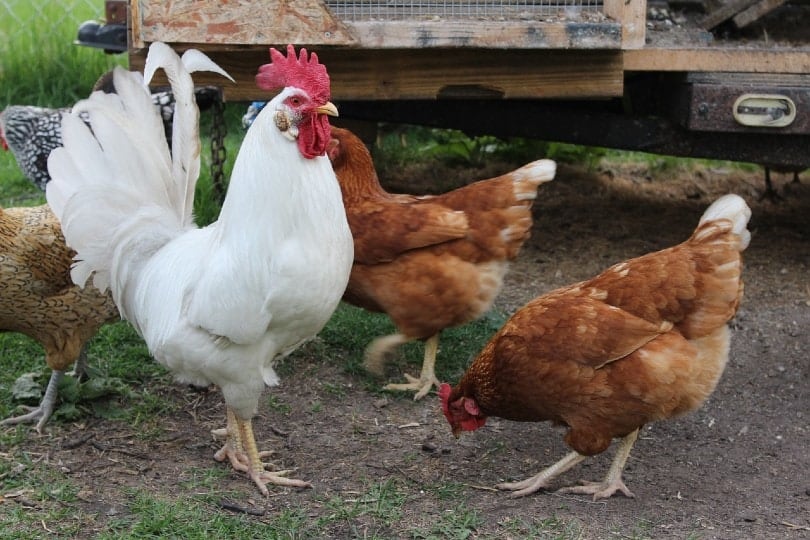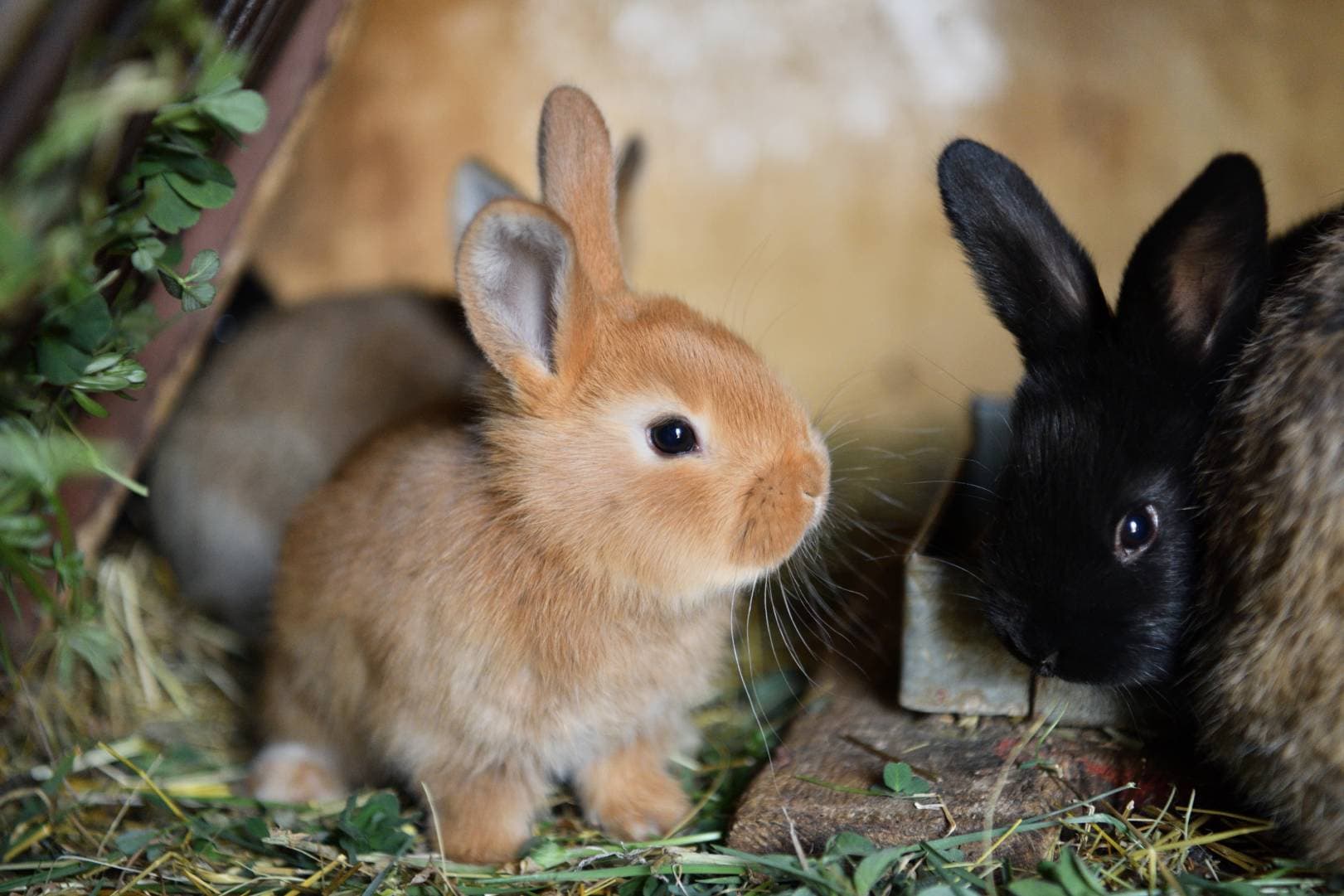Click to Skip Ahead
Just like us, leopard geckos express their feelings and emotions through noises. However, it can be challenging to know precisely what your leopard gecko feels like based on their sounds. After all, we don’t speak their language.
However, learning a few of their common sounds can help you determine how they’re feeling. Below, we’ll discuss the four most common leopard gecko sounds and their meanings. Each sound will be accompanied by an audio clip to give you an example of what to listen for.
Let’s get started.

Do Leopard Geckos Make Sounds?
Leopard geckos can make several sounds, but the most common include chirps, squeaks, barks, and screams. Every leopard gecko will sound slightly different, though the sounds will generally be the same for each pet.
However, leopard geckos aren’t particularly vocal. If your leopard gecko is making no sound at all, it is likely relaxed and at peace. Leopard geckos aren’t like parrots or other animals that must be vocal to feel happy. That’s just something to keep in mind.

The 4 Most Common Leopard Gecko Sounds to Listen For
1. Chirping and Squeaking

| Meaning: | Happy, Enjoyment |
Chirping and squeaking are the most common sounds to look for. They are typically connected with happiness, enjoyment, and overall pleasure.
Some geckos make this sound as they roam around their tank, whereas others get more vocal during feeding time. Either way, chirping and squeaking is an excellent sign since it tells you your leopard gecko is happy and at ease.
2. Clicking

| Meaning: | Uncomfortable, Annoyed, Stressed |
Clicking is another common sound in leopard geckos, but it isn’t quite as positive. Leopard geckos often click whenever they feel uncomfortable, annoyed, or stressed. You will hear younger geckos clicking more than older ones simply because they have not grown accustomed to humans.
Your leopard gecko will most likely click whenever you handle it, after they have eaten, or before they shed. Remember, this is a stressed noise. Once you hear it, stop whatever you are doing to let the gecko relax.
3. Barking

| Meaning: | Threatened, Stressed |
Barking isn’t quite as common as clicking, but it is also a sign that your gecko is stressed. In many ways, barking will sound like clicking, but it has a slightly hoarser sound. Barking is less common than clicking because it is a more severe response. Geckos often bark when they feel they are in direct danger, not just when they are uncomfortable or annoyed.
- Related Read: Do Leopard Geckos Bite? Does It Hurt?
4. Screaming

| Meaning: | Threatened, Stressed |
The least common sound you’ll hear from your leopard gecko is screaming. Screaming is a crucial sign that your leopard gecko is scared. Adult geckos rarely scream, but juvenile leopard geckos scream a lot.
If you get a juvenile leopard gecko, expect to hear it scream quite a bit initially. Be patient and as gentle as possible during this stage. As the leopard gecko grows, it will become accustomed to you and most likely grow out of the screaming phase.
What to Do About Your Gecko’s Noises

Whenever you hear your leopard gecko making noises, it’s essential to understand what the noises mean so that you can act accordingly. If your leopard gecko is happy, you continue observing them; you don’t have to move away or leave them alone.
If you notice that your gecko is making stressed or scared noises, it does not mean you are a bad owner or doing anything wrong. Most likely, the gecko has not had enough time to get used to being around you and humans.
As a result, it’s imperative to be patient, gentle, and calm when around a stressed leopard gecko. During times of stress, stop whatever you are doing. For example, if your leopard gecko starts clicking as you are holding it, that is a sign you should put it down.
In the case that your leopard gecko seems to make scared noises every time you come around it, you need to work on building trust. You can do this by bringing food and treats. Leopard geckos learn very quickly who feeds them and who they can trust. By bringing treats, they learn that you are not a threat, and their stressed-out noises are likely to subside.

Final Thoughts
At the end of the day, we can’t communicate with our leopard geckos, but we can somewhat learn how they feel based on the different noises they make. Chirping sounds are the best because they show your leopard gecko is at ease.
However, barking, screaming, and clicking show that the leopard gecko feels stressed or in danger. Once you hear those sounds, stop what you were doing and give them space. Eventually, your leopard gecko will learn you are no threat.
Featured Image Credit: Thichaa, Shutterstock










